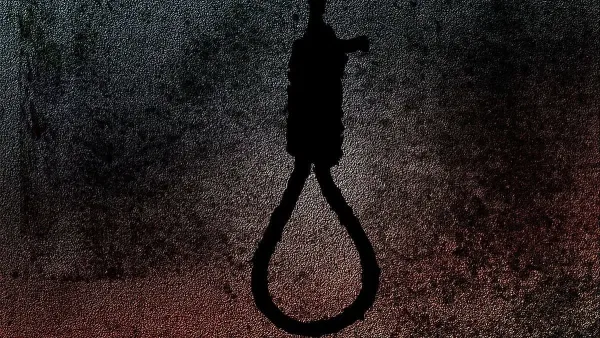The Supreme Court has ruled that the brutality of a crime cannot be the sole basis for awarding the death penalty, stressing that courts must also consider mitigating factors such as the convict’s socio-economic background and psychological condition, reported TOI.
The ruling came as the court commuted the death sentences of two convicts in unrelated cases and sentenced them to life imprisonment without the possibility of remission.
A three-judge bench comprising Justices Vikram Nath, Sanjay Karol, and Sandeep Mehta passed the judgment, setting aside the death penalties earlier imposed by the trial and high courts. The convicts will now remain in prison for the rest of their lives.
Case 1: Family massacre driven by suspicion
According to TOI, in the first case, the convict from Ballari district in Karnataka was found guilty of murdering his wife, three children, and sister-in-law in 2017.
The crime was committed after he developed a suspicion that the children were not biologically his and were the result of his wife’s alleged infidelity.
Despite the horrifying nature of the killings, the Supreme Court held that the lower courts focused solely on the barbaric method of execution without assessing other relevant factors, such as the mental state of the convict at the time of the crime.
Case 2: Child rape & murder in Dehradun
The second case involved a daily wage labourer who was convicted of raping and strangling a 10-year-old girl in Dehradun in 2018.
Both the trial court and the high court had imposed the death sentence, citing the inhuman and cruel nature of the act, said the report.
However, the apex court pointed out that the lower courts had once again relied entirely on the brutality of the crime and failed to evaluate the accused’s personal circumstances or mental health.
SC criticises lower courts’ approach
Delivering the verdict, the Supreme Court observed that both the trial and high courts had relied excessively on the gruesomeness of the offences while handing down the death penalty. The bench stated:
“Courts below have only commented on the brutality of crime in question, to hand down the death penalty to the appellant. No other circumstance came to be discussed by the courts in reaching the conclusion that the case forms part of the ‘rarest of rare’ category. Such an approach, in our view, cannot be sustained.”
The judgment reinforces the principle that even in the most horrifying cases, courts must adopt a holistic approach and consider mitigating factors before declaring a crime fit for capital punishment.
The ruling came as the court commuted the death sentences of two convicts in unrelated cases and sentenced them to life imprisonment without the possibility of remission.
A three-judge bench comprising Justices Vikram Nath, Sanjay Karol, and Sandeep Mehta passed the judgment, setting aside the death penalties earlier imposed by the trial and high courts. The convicts will now remain in prison for the rest of their lives.
Case 1: Family massacre driven by suspicion
According to TOI, in the first case, the convict from Ballari district in Karnataka was found guilty of murdering his wife, three children, and sister-in-law in 2017.
The crime was committed after he developed a suspicion that the children were not biologically his and were the result of his wife’s alleged infidelity.
Despite the horrifying nature of the killings, the Supreme Court held that the lower courts focused solely on the barbaric method of execution without assessing other relevant factors, such as the mental state of the convict at the time of the crime.
Case 2: Child rape & murder in Dehradun
The second case involved a daily wage labourer who was convicted of raping and strangling a 10-year-old girl in Dehradun in 2018.
Both the trial court and the high court had imposed the death sentence, citing the inhuman and cruel nature of the act, said the report.
However, the apex court pointed out that the lower courts had once again relied entirely on the brutality of the crime and failed to evaluate the accused’s personal circumstances or mental health.
SC criticises lower courts’ approach
Delivering the verdict, the Supreme Court observed that both the trial and high courts had relied excessively on the gruesomeness of the offences while handing down the death penalty. The bench stated:
“Courts below have only commented on the brutality of crime in question, to hand down the death penalty to the appellant. No other circumstance came to be discussed by the courts in reaching the conclusion that the case forms part of the ‘rarest of rare’ category. Such an approach, in our view, cannot be sustained.”
The judgment reinforces the principle that even in the most horrifying cases, courts must adopt a holistic approach and consider mitigating factors before declaring a crime fit for capital punishment.








